Unlock the Editor’s Digest for free
Roula Khalaf, Editor of the FT, selects her favourite stories in this weekly newsletter.
Stellantis has pledged to invest €2bn in Italy next year and step up car production in the country, as it seeks to repair relations with Prime Minister Giorgia Meloni’s government after bitter differences over how to tackle the deepening crisis in Europe’s automotive sector.
At a roundtable meeting with several of Meloni’s cabinet ministers in Rome, Jean-Philippe Imparato, chief of Stellantis’s Europe operations, said Rome and the company should stop working at cross-purposes.
“The time has come for us, Stellantis, to unite with Italy to confront the existential challenges that we are confronting and that have been underestimated by some in Europe,” Imparato told the ministers, according to people present.
The pledges come as Stellantis chair John Elkann, a member of Italy’s Agnelli industrialist dynasty, has been working to reboot relations between Italy’s only big carmaker and Meloni’s government, following the ousting of CEO Carlos Tavares.
Under Tavares’s leadership, Stellantis and Meloni’s rightwing government clashed bitterly over how to bolster Italy’s ailing automotive sector, which accounts for about 250,000 jobs and more than 5 per cent of GDP.
Imparato cautioned later on Tuesday that reviving the sector would be challenging, but insisted the company was committed to Italy and would bring new high-volume models — including in-demand hybrids — to Italian factories.
“I don’t want to hide that 2025 will be a tough year, but all the plants will stay open’’ he told reporters. He added that the historic Mirafiori plant in Turin — the cradle of Italy’s auto industry where workers have been on furlough most of the year — would start producing hybrid versions of the Fiat 500 at the end of next year.
Italy’s industry minister Adolfo Urso said Meloni’s government would allocate €1bn to help the automotive industry, although not to support consumer car purchases but through special funds to assist enterprises and for innovations.
“It’s an important day for Italy’s automotive industry and Italian workers,” Urso said after the meeting, adding that Imparato “had affirmed the central role of our country in the industrial development of Stellantis in the world.”
Urso has been lobbying Brussels to ease its strict “Green Deal” rules, which Rome blames for the collapse of Italy’s domestic car sales. Stellantis has focused on producing electric vehicles that were too costly for most Italian consumers.
But at a tense parliamentary hearing in October, Tavares contended testily that Stellantis had been readier than its rivals to comply with the EU’s strict reduction schedule for carbon emissions, and that any easing of the rules would only help Stellantis’s competitors. He also complained that Italian incentives to help consumers buy EVs were not enough, and that Italy’s electricity prices were too high.
The woes of the automotive sector have also been a political challenge for Meloni, with tens of thousands of furloughed autoworkers descending on Rome for a protest in October.
But the abrupt resignation last month of Tavares has given Stellantis the opportunity for a fresh start in its chair’s home country, where it produces the Fiat 500, other mass market models, commercial vehicles and higher-end models at its Alfa Romeo and Maserati brands.
At the meeting on Tuesday, Imparato said Stellantis would support Rome’s campaign to press Brussels to ease punitive fines for carmakers that do not meet its carbon emission targets in the next few years.
“Now we go back to our plants, we crack on with our projects, hoping that the European authority understands that . . . we have to change pace in terms of regulation,” he said.
Stellantis’s pledges will come as good news to Italy’s struggling car component industry, which expects to close 2024 with revenues of about €41bn, down about 30 per cent from the €58.3bn recorded the previous year.
They follow a meeting between Elkann and French President Emmanuel Macron on Monday where the Stellantis chair sought to provide reassurance on the company’s commitment to its operations in France, where it owns the Peugeot brand.
Additional reporting by Giuliana Ricozzi in Rome and Ian Johnston in Paris.







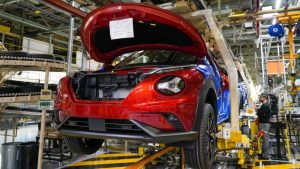






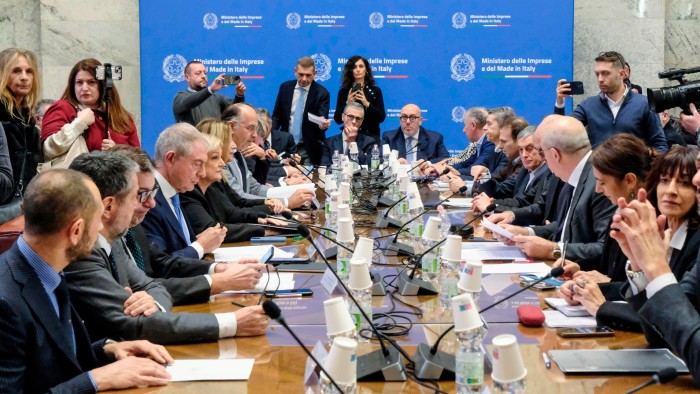
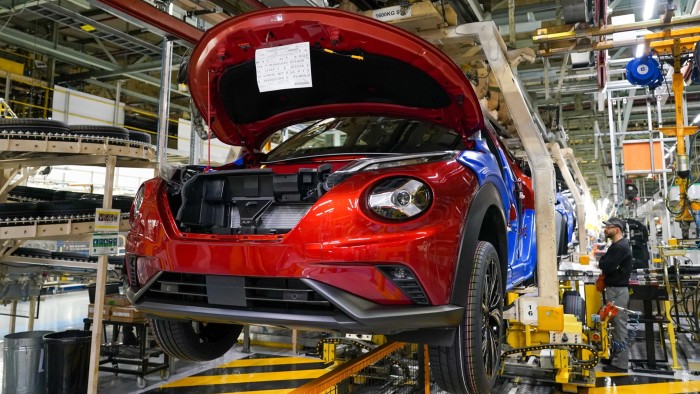
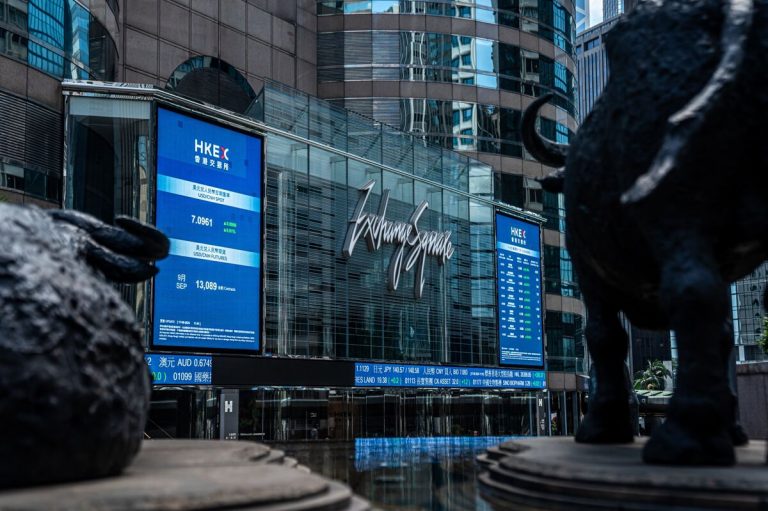
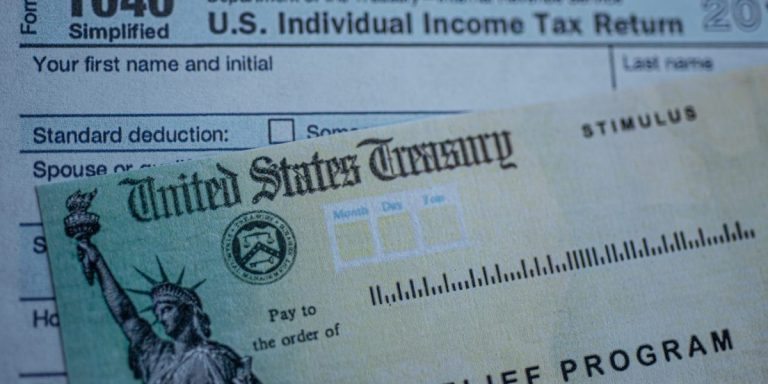








+ There are no comments
Add yours